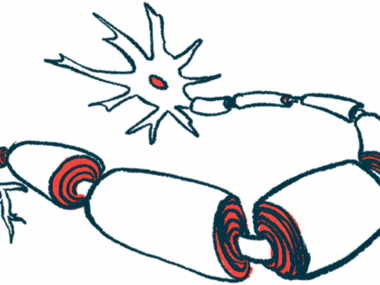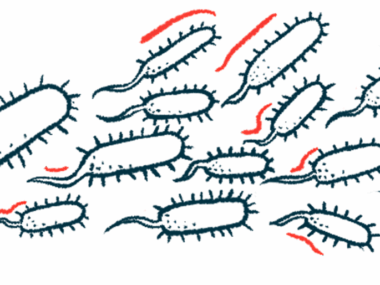Sublingual cladribine shown equivalent to MS treatment Mavenclad
Studies in animals shows no clinical abnormalities nor signs of toxicity
Written by |

A sublingual formulation of cladribine, which is the active ingredient of the approved oral treatment Mavenclad, in relapsing multiple sclerosis (MS), showed comparable pharmacological properties to its name-brand counterpart.
That’s according to preclinical data announced by BioNxt Solutions, the formulation’s developer, in a company press release. Moreover, results from a toxicity study in animal models showed no clinical abnormalities or signs of toxicity after consecutive days of dosing. A human bioequivalence study to see if the formulation has the same safety and pharmacological profile as Mavenclad is planned for early 2025.
The sublingual form, which means it’s dissolved under the tongue, should offer an easier mode of administration for patients with swallowing difficulties (dysphagia), a common MS symptom.
In MS, an abnormal immune response targets the myelin sheath, a protective layer surrounding nerve fibers, and the resulting damage disrupts nerve signaling, leading to symptoms such as numbness and tingling, fatigue, walking difficulties, dysphagia, pain, and vision problems.
Sold by EMD Serono, which is known as Merck KGaA outside North America, Mavenclad is a short-course oral therapy for relapsing-remitting multiple sclerosis that reduces the number of certain immune cells in the bloodstream, namely T-cells and B-cells, the main drivers of inflammation and brain lesions in MS.
Mavenclad treatment is intended to lessen disease exacerbations, delay disability progression, and reduce the number of brain lesions seen on MRI scans. Because cladribine has a similar chemical structure to purine, a DNA building block, it gets incorporated into the genetic material of these immune cells, causing their death.
A formulation of cladribine infused directly into the bloodstream is approved to treat certain blood cancers caused by excessive B-cell or T-cell growth.
Comparing a sublingual formulation
BioNxt is focused on developing sublingual formulations of anticancer treatments for autoimmune neurodegenerative diseases such as MS. The company has received a positive examination report from the European Patent Office for its application for sublingual delivery of anticancer drugs for autoimmune neurodegenerative conditions. Submissions are planned for the U.S., Canada, Australia, Japan, China, and other jurisdictions.
A sublingual formulation allows tablets to be dissolved quickly and absorbed directly into the bloodstream without needing to be swallowed.
Animal toxicity data showed the sublingual formulation of cladribine showed no clinical abnormalities or indications of toxicity. In animal pharmacokinetic studies, which assessed how the drug moves into, through, and out of the body, the formulation showed rapid absorption into the bloodstream and bioequivalence that was comparable to the name-brand drug for all administered samples.
Before the human bioequivalence study, the company will take steps to develop and commercialize its sublingual formulation. These include upscaling manufacturing, developing and validating analytical methods, and preparing clinical sample manufacturing. A contract research organization, which provides clinical trials and related services for pharmaceutical drug development, will conduct the bioequivalence study.
BioNxt said the next indication in their pipeline of sublingual formulations of anticancer medications is myasthenia gravis (MG), an autoimmune disorder marked by muscle weakness and fatigue. Dysphagia is also common in MG.



